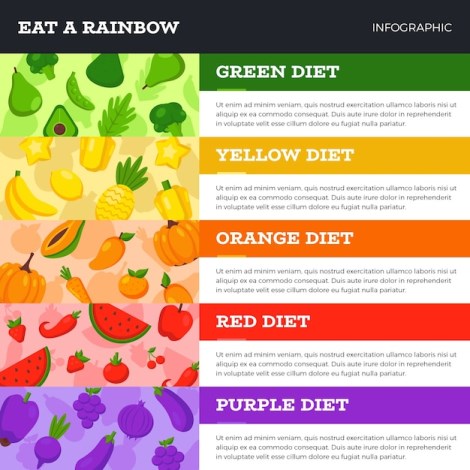Amazing Facts About Food Webs

The food web is a complex network of interconnected producers, consumers, and decomposers.
Every organism in the food web plays a crucial role in maintaining the balance of the ecosystem.
Predators in the food web regulate the population size of other organisms.
Herbivores occupy an important position in the food web as primary consumers.
Omnivores have the advantage of being able to consume both plants and animals.
Decomposers break down organic matter and recycle nutrients back into the ecosystem.
Without decomposers, the food web would become congested with dead organic material.
Plants are the foundation of the food web, as they convert sunlight into energy through photosynthesis.
Carnivores occupy higher trophic levels in the food web, relying on other animals for energy.
Apex predators, such as sharks and tigers, have no predators themselves within the food web.
Marine food webs are often more complex than terrestrial food webs due to the diversity of aquatic organisms.
Invasive species can disrupt food webs by outcompeting native species for resources.
Each individual organism in the food web has its preferred food source.
The removal of a single species from the food web can have a cascading effect on other organisms.
Diversity in the food web is essential for resilience and adaptability.
The food web is a dynamic system, with fluctuations in population sizes and energy flow.
Amazing Facts About Food Webs part 2
A healthy food web indicates a healthy ecosystem.
Overfishing can lead to the collapse of fish populations and disrupt the marine food web.
Changes in climate can impact the availability of food sources for certain organisms in the food web.
Pollinators, such as bees and butterflies, play a crucial role in food production by facilitating plant reproduction.
Human activities, such as deforestation and pollution, can negatively impact the food web.
Trophic cascades occur when changes at one trophic level affect multiple other levels in the food web.
Some organisms in the food web are generalists, meaning they can eat a wide variety of food sources.
Others are specialists, with narrow dietary preferences and dependencies.
The food web in a rainforest is incredibly diverse, with numerous plant and animal species interconnected.
The bottom of the ocean often harbors unique food webs sustained by chemosynthetic organisms.
Food webs can vary greatly in size and complexity depending on the ecosystem.
Ecosystem engineers, such as beavers and corals, can shape the structure of the food web.
Some organisms in the food web are charismatic megafauna, capturing our imagination and interest.
The balance of energy and nutrients in the food web is a delicate dance of consumption and recycling.
The food web highlights the intricate relationships between different species.
The introduction of new species to an ecosystem can have unpredictable effects on the food web.
Changes in the availability of specific food sources can lead to adaptations or extinctions within the food web.
The food web is a reminder of the interconnectedness of all life forms on Earth.
The complexity of the food web can be studied and analyzed using mathematical models.
Trophic relationships can be visualized through the construction of food chains within the food web.
In some food webs, certain species act as keystones, exerting a disproportionate influence on the ecosystem.
Some organisms in the food web are nocturnal, with adaptations to thrive in the darkness.
Decomposers, such as fungi and bacteria, are essential for the breakdown of organic matter.
The food web demonstrates the concept of energy flow through ecosystems.
Organisms within the food web rely on each other for survival and reproduction.
The extinction of one species can disrupt the balance of the food web, leading to cascading effects.
The balance of the food web can be disrupted by natural events, such as wildfires or hurricanes.
Humans can play a role in restoring balance to the food web through conservation efforts.
Understanding the intricacies of the food web is crucial for developing sustainable practices in agriculture and fishing.

